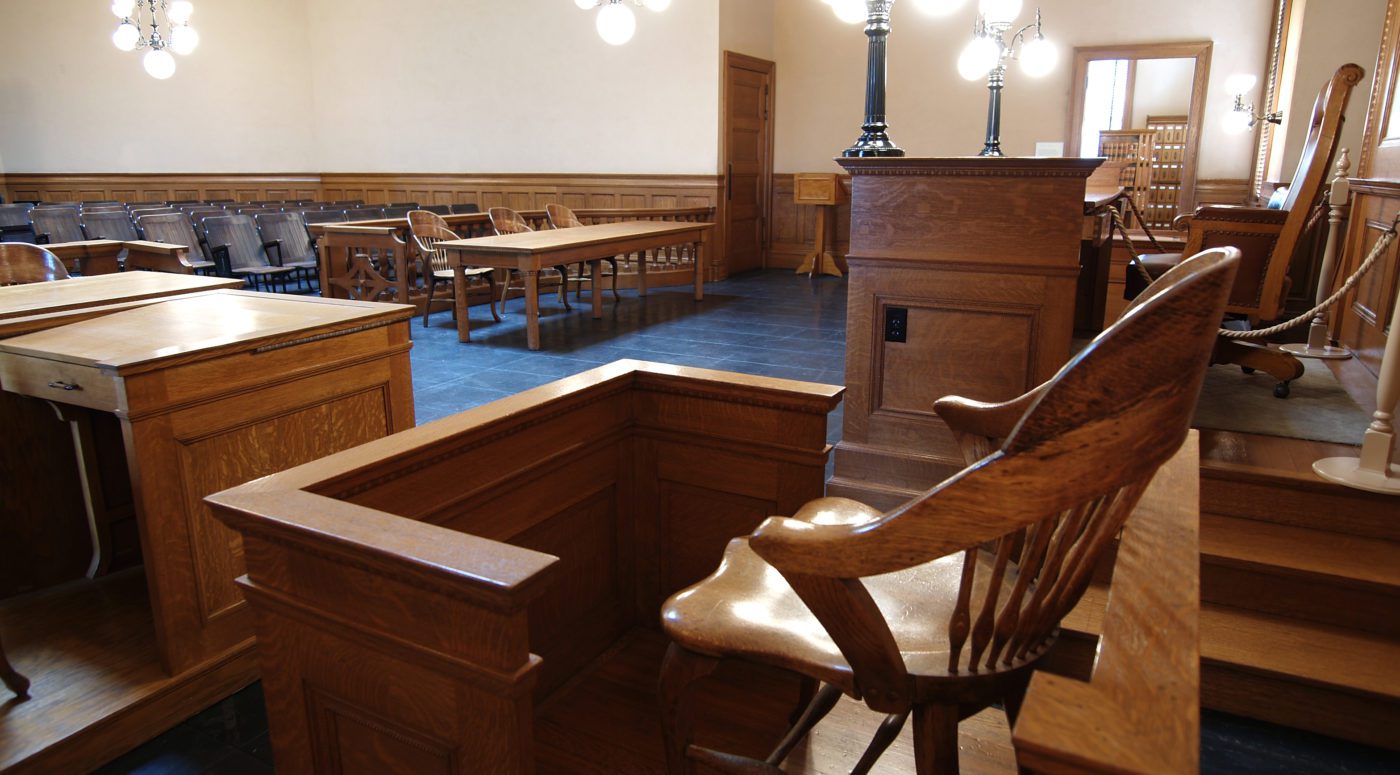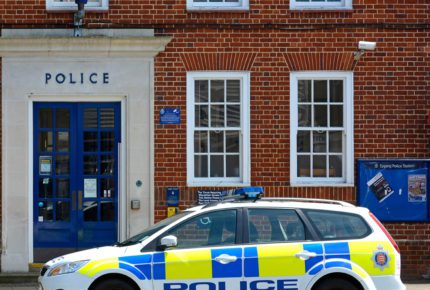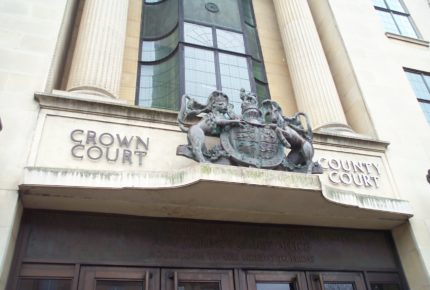

If you have been charged with an offence, you may be feeling scared, anxious, and worried. This we can understand. Time and time again we are asked if charges can be dropped before going to court. And it is true – a good lawyer can help get your case dismissed before even heading to court, and you will not have to face a judge or a jury. This article sets out the who, whats, whys, and whens of dropping criminal charges.
What is ‘dropping a charge’?
When a person has allegedly committed a crime, the victim or the police institute criminal charges against them. Charges form the basis of the criminal case that is built against the accused person and lists the crimes allegedly committed. So, when charges are dropped, this usually means the case has been discontinued or terminated. Prosecutors refer to this as a ‘discontinuance’.
There are two main reasons why charges are dropped:
- There is insufficient evidence to prosecute the person of the crimes they are charged with; and/or
- It is not in the public interest to prosecute the person in a court, which can be for varying reasons.
This is known as the ‘Full Code Test’. But what do these the parts of the test mean?
In criminal cases, the prosecution must prove their case beyond a reasonable doubt. In other words, there cannot be any doubts as to the person’s guilt. So, where a prosecutor sees a lack of evidence to prove something beyond a reasonable doubt, or the evidence they have is weak and unconvincing, they may choose to drop the charges.
The same can be said for where evidence is lost or unavailable. Evidence may be unavailable where witnesses who would otherwise provide oral testimony or eyewitness accounts are unwilling to appear in court. It may also be that the defence solicitors have a lot stronger evidence than the prosecution and would be more convincing to a judge or a jury. In these cases, a prosecutor may also choose to drop the charges.
The ultimate question the prosecutor asks is whether there is a realistic prospect of conviction. In this regard, there are factors that the prosecutor would consider such as the reliability of the evidence, the credibility of the witnesses, and whether the evidence can be corroborated (adding to its strength).
It may not be in the public interest to prosecute a case for various reasons. Apart from considering their caseloads and cost effectiveness, there are some other important reasons to not prosecute a case. This could be where there is a problem with how the accused was arrested or the evidence was acquired. There are strict rules governing when and how evidence may be gathered and if these were breached, all the evidence could be thrown out of court. Prosecuting then would not make sense.
But the prosecutors will also consider how serious the offence is. For instance, they would fight to prosecute a rape case as opposed to petty theft. They will look to all the circumstances of the case, including the age of the alleged offender, whether they had any learning or mental disorders, the impact of the alleged crime on the wider community, and whether a criminal trial is worth the effort. In lesser crimes, it may not be.
Who ‘drops’ the charge?
Though the victim often reports the alleged crime to the police, they are not in control of the criminal case against the alleged perpetrator. The person in charge of the case is the prosecutor. As such, it is the prosecutor who decides whether or not to drop charges. In rare circumstances, the police can drop charges for lesser crimes.
That said, the victim does play some role in the process. In some cases, the victim asks the prosecutor to not to proceed with a criminal case and the prosecutor obliges. The important point to note however is that the prosecutor is the one in charge and has the discretion to drop charges if they decide there is insufficient evidence, or it would not be in the public interest to prosecute. This is common in cases of domestic violence, especially where the victim is afraid or does not want to disrupt the relationship with the accused person.
When can charges be dropped?
Ideally, charges will be dropped any time before the trial. This way, a trial will not have to be attended at all. But charges can be dropped any time before the trial or up until the point where the prosecution is done with presenting their side of the case. If charges are dropped after the trial begins, the prosecution must request the court to allow the charges to be dropped, and the court may or may not give their consent.
For a charge to be dropped, the prosecutor will either withdraw some or all charges. If one charge of many is dropped, the remaining charges may still be pursued.
What happens if a charge is dropped?
If a charge is dropped before trial, there will be no criminal trial. This means that your case will not proceed to litigation before a judge and jury, and you do not have to give evidence in court or risk being found guilty.
If you are in custody, you will be released immediately (or as soon as possible) when charges are dropped. The police or the Crown Prosecution Service (CPS) will notify the prison that the charges have been dropped and you will be released as soon as possible.
Importantly, charges being dropped does not mean the CPS cannot later proceed with the case. In certain circumstances, the CPS has the right to re-institute the charges and go to court for a full trial. Often this leads people to say this goes against the ‘double jeopardy’ rule – a rule that a person cannot be tried for the same offence twice, and which is a crucial rule in criminal justice. The thinking then is if the charges are dropped, they cannot be re-instituted. This is true, but not for serious cases where new evidence arises that increases the probability of a conviction. In their notice to you, the CPS must advise whether the case can be reopened against you. This can put your mind at rest if you find out your case cannot be reopened.
If a charge is dropped, does it go on my criminal record?
If a charge is dropped before a trial has commenced, the charges will not go on your criminal record. However, if charges are dropped after a trial has commenced with the consent of the court, it may go on your criminal record.
Note, an arrest may in any case still show up in searches of the police national computer (the information for which is used in certain background checks), but this does not mean you have been found guilty of a crime. The presumption of innocence, central to the criminal justice system, means that you are not guilty even if you have been arrested for a crime it is ultimately proved you did not commit.
How do I get the Crown Prosecution Service to drop my charges?
It is all well and good to know when charges can be dropped and who can drop them, but how is it done in reality? Someone needs to convince the CPS that your charges are not worth pursuing. This is usually done through convincing and reasoning with the CPS that (i) there is insufficient evidence and (ii) it would not be in the public interest to prosecute. For example, you might convince the CPS that your case is stronger based on the evidence you have, or that there are special circumstances that make prosecuting the case contrary to public interest.
This sounds like a daunting task – and it is! This is why it is important to find criminal defence lawyers with the right expertise and experience with dealing in the courts and the CPS in particular. The right lawyer can make all the difference in keeping you out of court.
How do I know if a charge has been dropped?
A notice will be served setting out the charges that are being dropped, any charges that are not being dropped, and the reasons why. The notice will also inform you whether the charges can be re-instated in future. Usually, your solicitor will inform you directly if your charges have been dropped but you may also find out through a police officer working on your case or through a letter in the post.
Where can I find help in getting charges dropped?
Criminal defence lawyers are not only here for the court room. If you have been charged with committing a criminal offence, it is time to find a good lawyer who can liaise with the police and the CPS to try have your charge or charges dropped before reaching court. And while this is not a guaranteed result, it is good to have lawyers with years of experience in dealing with the right people, to represent you in and out of the courtroom. Contact us now for a no-obligation consultation to see how we can help you with this.
OUR COMMITMENTS TO YOU:
-
Responsive
A legal expert will consult you within 24 hours of making an enquiry.
-
Empathetic
We will always treat you with trust, understanding and respect.
-
Specialised
Your case will be handled by an expert who specialises in your type of offence.
-
Proactive
We will take early action to end proceedings as soon as it is practically and legally possible to do so.
-
Engaged
You will be kept updated on your case at all times. We will provide a named contact available to answer your questions.
-
Caring
We understand this is a difficult and stressful time for you and your family. Our team will support you every step of the way.
-
Tenacious
We will never give up on your case. We fight tirelessly to get you the best possible outcome.

